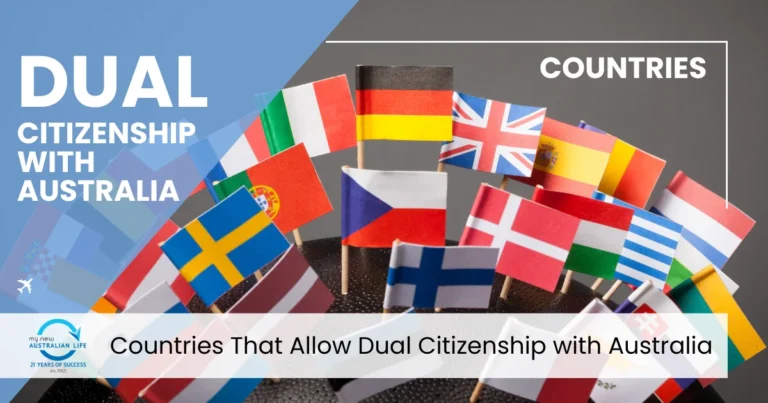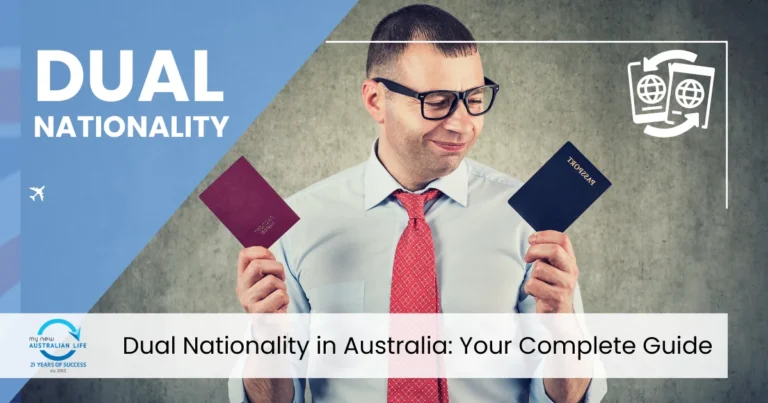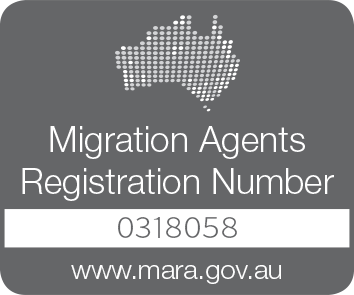Australia’s vast landscapes, unique wildlife, and rich cultural heritage attract millions of tourists every year. If you’re planning to explore the Great Barrier Reef, Sydney Opera House, Uluru, or any other iconic Australian landmark, a Tourist Visa is your first step. We’ll help you navigate the visa application process, outlining eligibility requirements, processing times, and providing insights on the must-see attractions waiting for you Down Under.
Types of Tourist Visas for Australia
Australia offers various visitor visas tailored to the purpose and duration of your stay. The two primary types are:
- Visitor Visa (Subclass 600) – Allows for short-term tourism, business visitor activities, or visiting family. Valid for stays up to 3, 6, or 12 months.
- Electronic Travel Authority (ETA – Subclass 601) – Available to passport holders from certain countries. It’s a streamlined option with online processing and allows multiple short stays within a 12-month period.
- eVisitor (Subclass 651) – A free visa for European Union citizens and some other European countries, allowing visits for up to 3 months at a time within a 12-month period.
For detailed eligibility and application requirements, visit the official Australian Department of Home Affairs website.
Visa Application Process
Step 1: Determine Eligibility
Each visa type has specific eligibility criteria. Generally, applicants must demonstrate:
- A genuine reason for visiting Australia (tourism, family, or business activities)
- Financial capability to cover expenses during their stay
- An intention to return to their home country after the visit
Step 2: Submit Your Application Online
Applications can be completed on the Australian Department of Home Affairs’ ImmiAccount. To apply, you’ll need to:
- Create an ImmiAccount
- Select the appropriate visa type
- Complete the online form with accurate information
Step 3: Provide Supporting Documents
Documents may vary based on the visa type and applicant’s background, but commonly required documents include:
- A valid passport
- Proof of sufficient funds
- A return travel itinerary or proof of onward travel
- Health insurance (recommended)
- Any additional documents requested by the Department of Home Affairs
Step 4: Pay the Visa Fee
The fee varies based on visa type and processing time preferences. Current fees can be found on the Visa Pricing Table.
Step 5: Wait for Processing
Processing times vary but can take from a few days to several weeks. The Department of Home Affairs offers an updated Visa Processing Time Guide to provide an estimate.
People also read: Application Process for Australia Tourist Visa (Subclass 600)
Popular Attractions and Heritage Sites in Australia
With your visa in hand, it’s time to explore Australia’s breathtaking attractions. Here’s a quick guide to some must-see destinations:
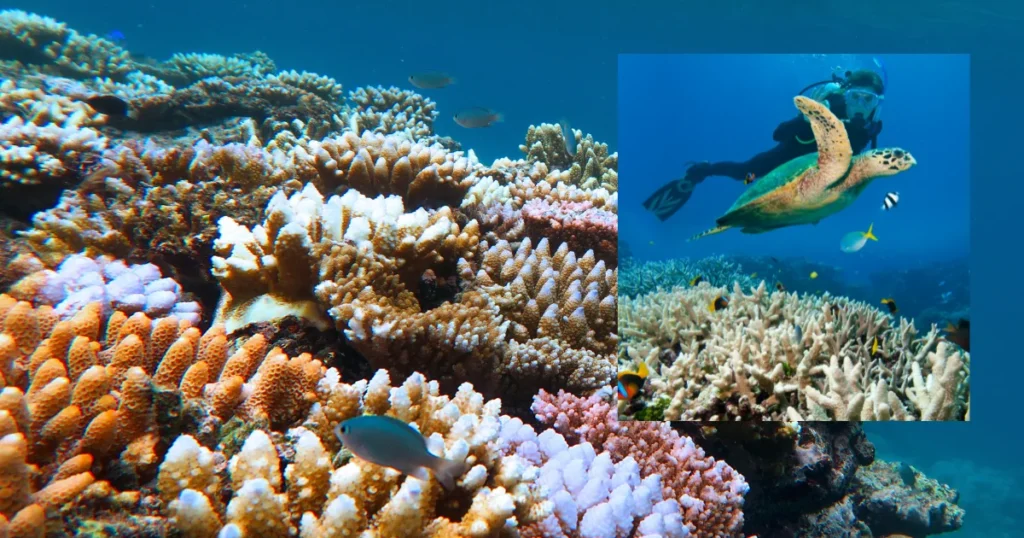
1. Great Barrier Reef (Queensland)
- The world’s largest coral reef system, perfect for snorkeling, diving, and marine exploration.
- Best Time to Visit: June to October.
- Location: Queensland coast, accessible from cities like Cairns and Port Douglas.
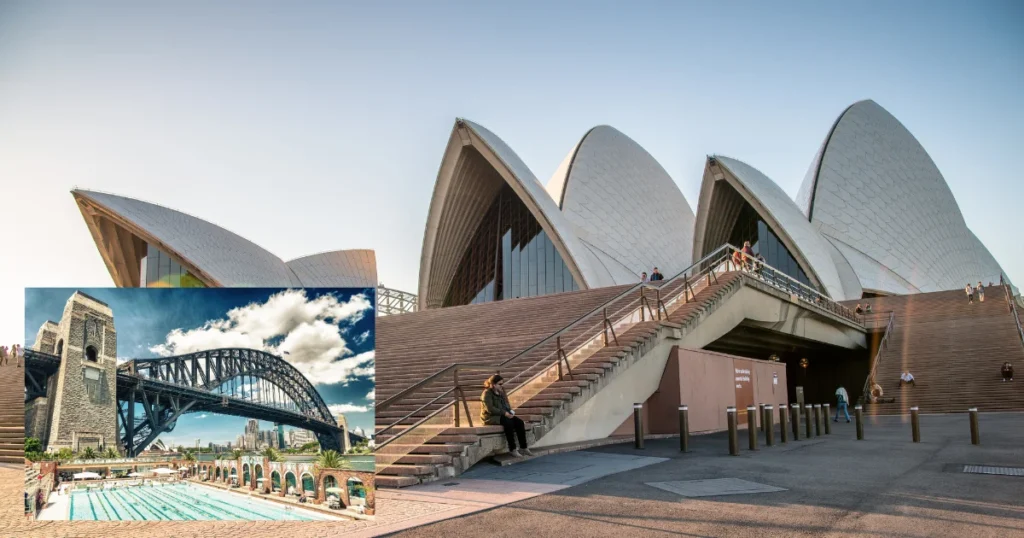
2. Sydney Opera House (New South Wales)
- An iconic architectural marvel, hosting world-class performances and guided tours.
- Best Time to Visit: Year-round, with outdoor concerts and events in summer.
- Location: Sydney Harbour.
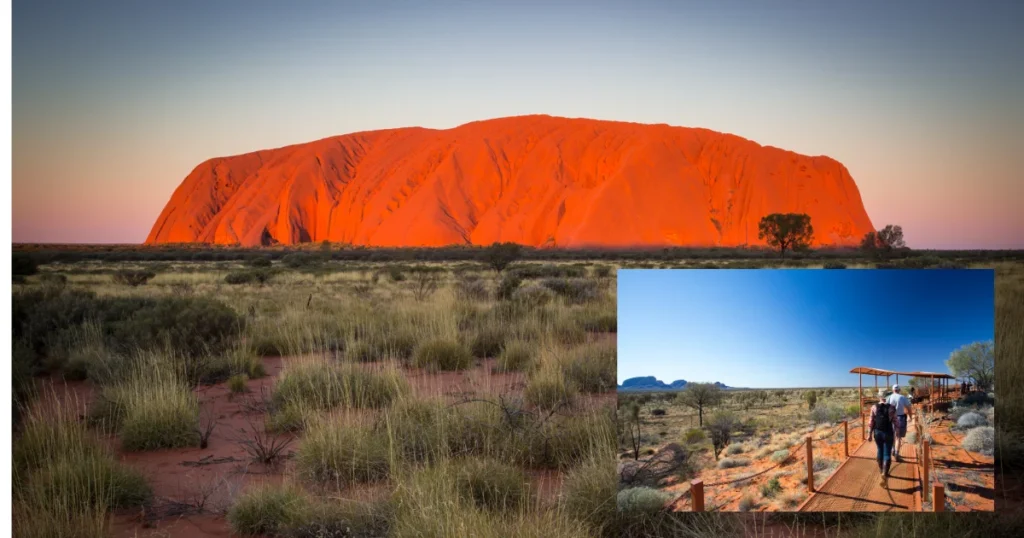
3. Uluru-Kata Tjuta National Park (Northern Territory)
- A UNESCO World Heritage Site, featuring the sacred Uluru rock formation.
- Best Time to Visit: May to September, when temperatures are milder.
- Location: Near Alice Springs in the Northern Territory.
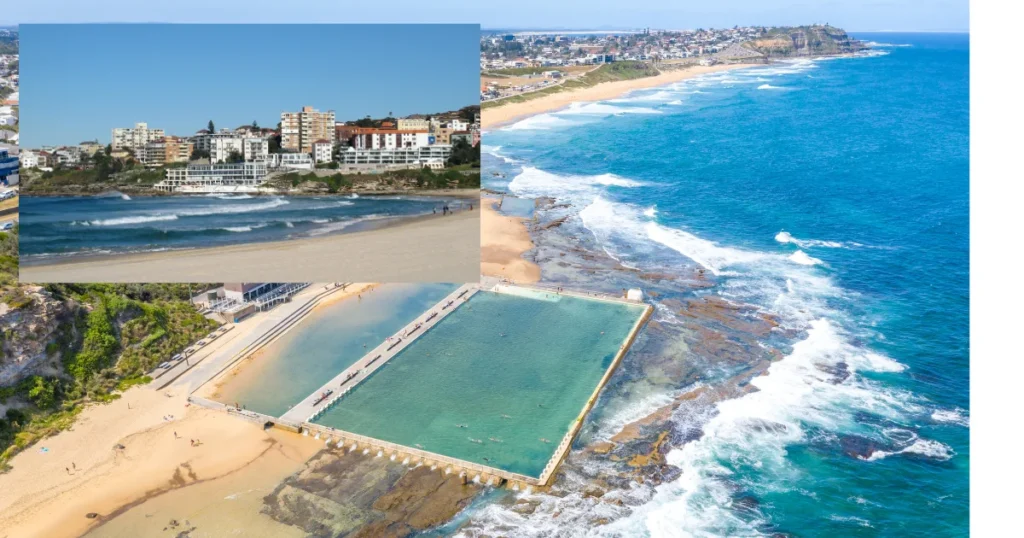
4. Bondi Beach (New South Wales)
- One of Australia’s most famous beaches, known for surfing, swimming, and vibrant cafes.
- Best Time to Visit: Summer (December to February).
- Location: Eastern suburbs of Sydney.
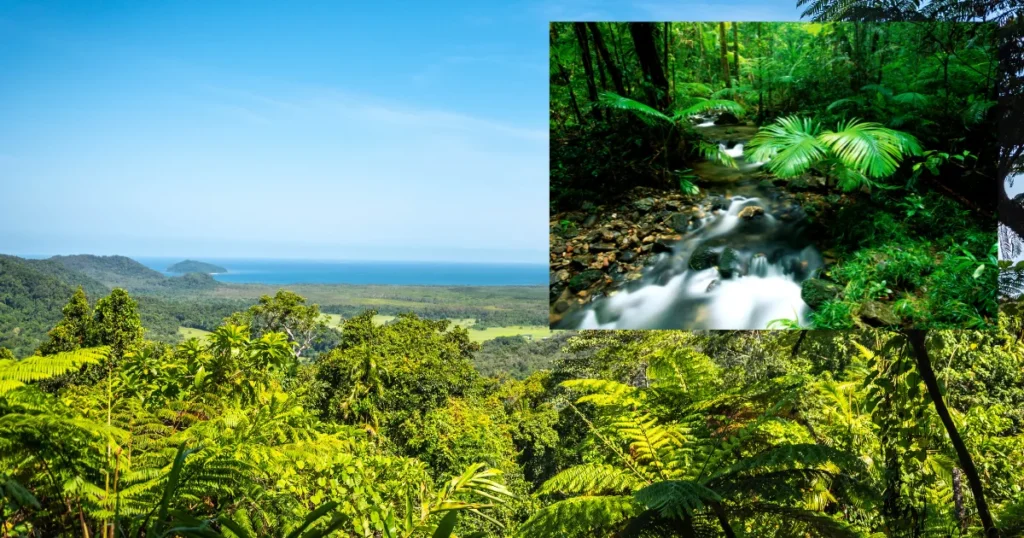
5. Daintree Rainforest (Queensland)
- One of the world’s oldest rainforests, home to unique flora and fauna.
- Best Time to Visit: June to October (dry season).
- Location: North of Cairns.
Estimated Costs of Visiting Major Attractions
| Attraction | Entry Fee | Activity Costs | Estimated Cost (AUD) |
|---|---|---|---|
| Great Barrier Reef | $50 (marine park fee) | Diving/Snorkeling: $200-$300 | $250 – $350 |
| Sydney Opera House | $42 (tour fee) | Show Tickets: $50 – $300 | $100 – $350 |
| Uluru-Kata Tjuta Park | $38 (3-day park pass) | Guided Tours: $150 – $300 | $188 – $338 |
| Bondi Beach | Free | Surf Lessons: $70 – $150 | $70 – $150 |
| Daintree Rainforest | $30 (park entry fee) | Guided Walk: $100 – $200 | $130 – $230 |
With the right preparation and understanding of the application process, obtaining a tourist visa to visit Australia’s diverse attractions is a seamless process. Whether exploring the vibrant city life of Sydney or diving into the Great Barrier Reef, Australia offers countless unforgettable experiences. Be sure to prepare documents, book early, and keep track of visa processing times for a hassle-free experience.
People also read: Aussie Lifestyle: Embrace the Aussie Way of Life
FAQs
- How long can I stay on a tourist visa?
- Most tourist visas allow stays of 3, 6, or 12 months. Confirm details in your visa grant notice.
- Can I extend my stay on a tourist visa?
- Extensions are sometimes possible; apply through the ImmiAccount portal if eligible.
- Can I work on a tourist visa?
- No, working on a tourist visa is not allowed. If work is a primary purpose, explore work visa options.
- What happens if my visa application is denied?
- You may be able to apply again, or file an appeal if applicable. Check guidance on appeals and reviews.




